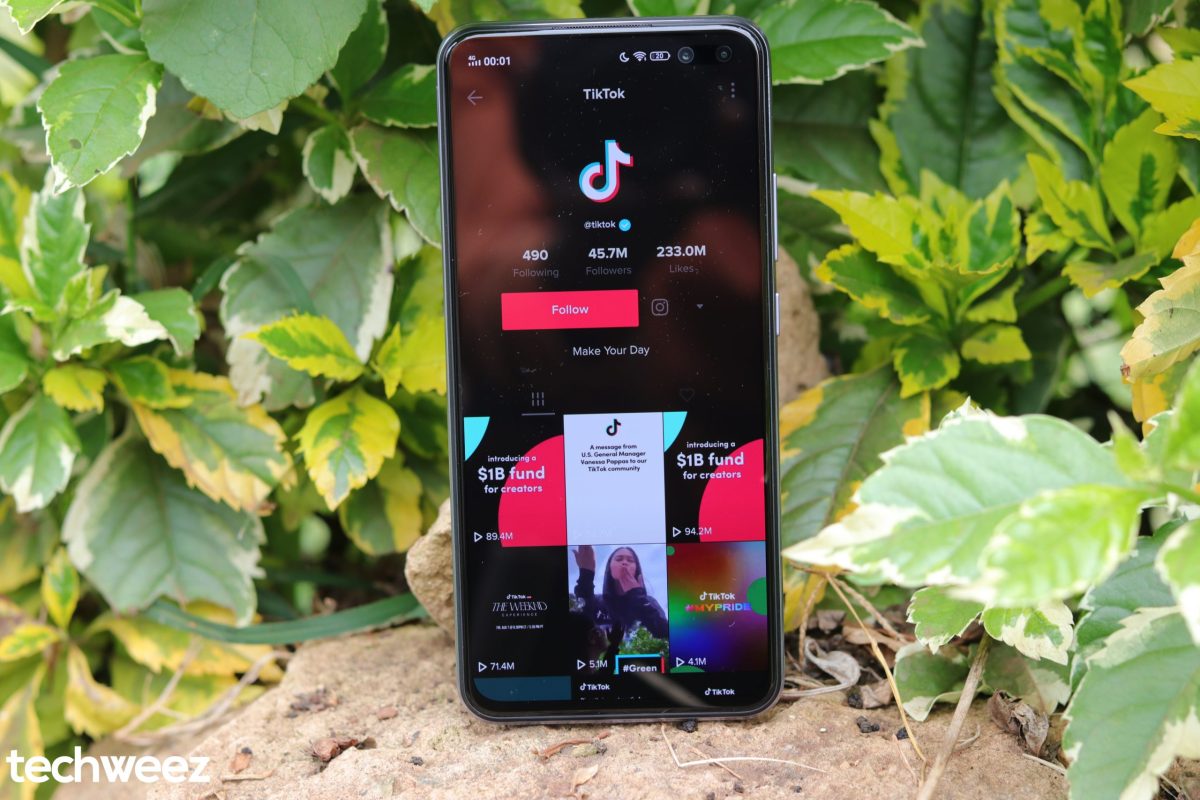 By November, several mobile enterprise vendors provided support for Samsung Knox. Infoworld cites Absolute, AirWatch, Centrify, Citrix Systems, Fixmo, MobileIron, SAP, and Soti as providing activation for Knox containerization. Samsung released Knox to capture the demand for BYOD plans in the enterprise, building it upon the features of SELinux – a library which provides mandatory access control features.
By November, several mobile enterprise vendors provided support for Samsung Knox. Infoworld cites Absolute, AirWatch, Centrify, Citrix Systems, Fixmo, MobileIron, SAP, and Soti as providing activation for Knox containerization. Samsung released Knox to capture the demand for BYOD plans in the enterprise, building it upon the features of SELinux – a library which provides mandatory access control features.
Samsung Knox was released in February 2013, and with Blackberry facing insolvency, it didn’t take long for the US DoD to consider it as an option for its BYOD program. Despite its short existence, Samsung defied all the other MDM (mobile device management) solutions ending up in a stamp of approval from the US DOD and now an eventual order for 7,000 smartmobes.
Since its release, Samsung Knox gained created enough friction in the enterprise mobile community. Boy Genius Report sourced comments from David Goldschlag, former head of mobility at McAfee and MobileSpaces CEO both of whom have experience with MDM solutions. The summation is that Knox is inflexible and unable to meet the demands of the enterprise mobile environment.
Views which resonate with observations from a Blackberry executive who has the feeling that Android is inherently vulnerable. Accordingly, Samsung has a long way to go for Knox were it to take over the market that is currently dominated by Blackberry Enterprise Services. This could be a genuine view since BES 10 has introduced support for iOS and Android devices with its Balance app, furthermore, Blackberry has been serving enterprise solutions since 1999.
On 16th January, Fort Meade reported its current usage of Blackberry mobes was at 80,000 devices, this made up 98% of the devices under the DoD’s BYOD program. John Sims, Blackberry’s enterprise services chief, saw this as the perfect moment for a righteous outpour. Spurred by findings from the Ben-Gurion University, John Sims made it clear that enterprise mobility was no place for risky solutions.
A solid security foundation is essential in such an environment and while BlackBerry’s history is rooted in security our competitors can’t say the same.
Most recently, researchers at Israel’s Ben-Gurion University of the Negev announced that they discovered a major vulnerability that allows a hacker to easily intercept data of a Knox-enabled Samsung Galaxy S4 smartphone. Ultimately, Samsung provided a statement that the vulnerability was with Android, but this shows the challenge that Samsung has with continually developing Knox to survive in a hostile environment.
Coupled with previous issues that have come to light regarding their security, this critical vulnerability calls into question – is Knox ready for the enterprise and government customers who cannot risk the security of their mobile data?
With Samsung still battle testing its enterprise platform and fixing security bugs, industries that require the most stringent security needs can trust that there’s nothing more secure than a BlackBerry device managed by a BlackBerry Enterprise Server – period. And that’s why we are the only enterprise mobility management vendor and handset maker that has received the Department of Defense “Authority to Operate” certification.
Blue Hill Research reminds us that Samsung announced Knox at Mobile World Congress in February 2013, and nearly a year later customers are still waiting to go into full production. Frankly, this is because security is hard and it is not possible to condense thousands of person years of learning into 12 short months.
– John Sims, Blackberry Enterprise Services Chief
Samsung is also expected to supply several thousand devices to the US NSA, according to the Wall Street Journal.




















